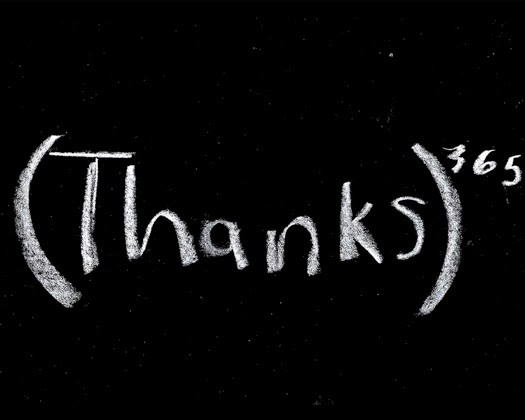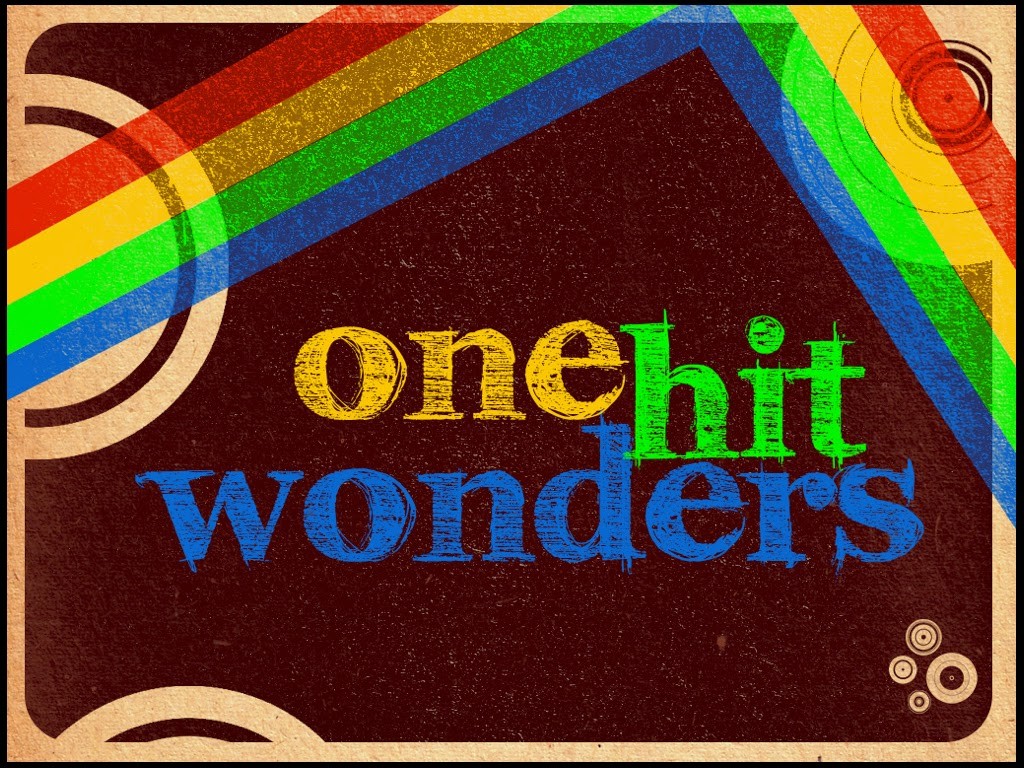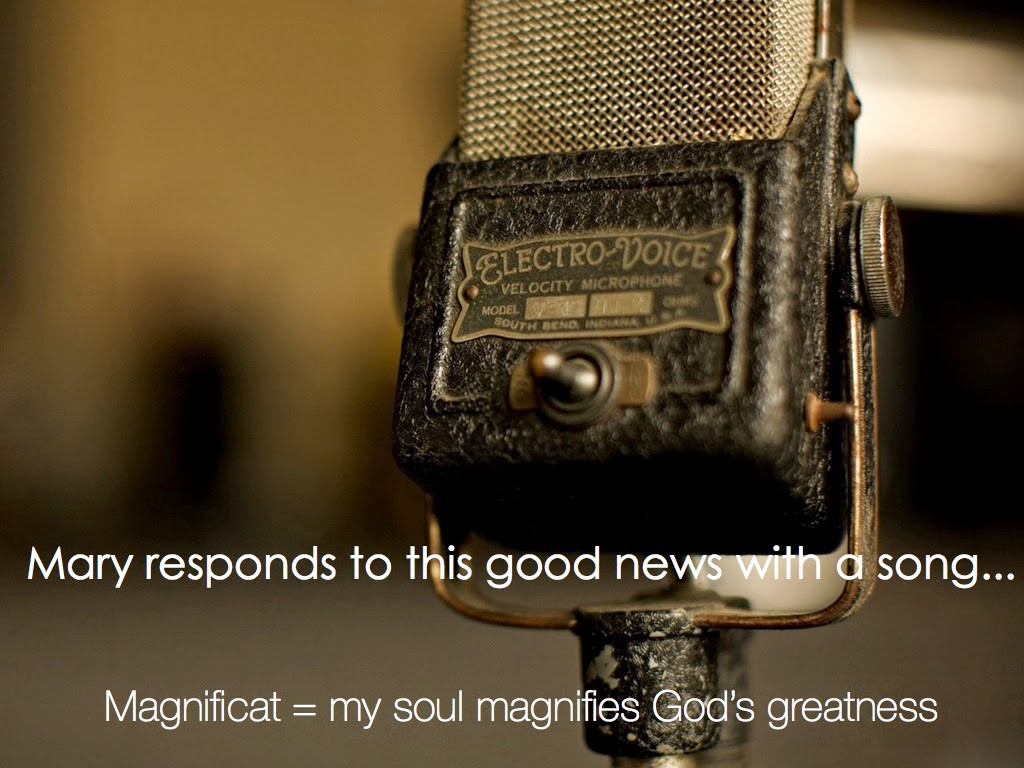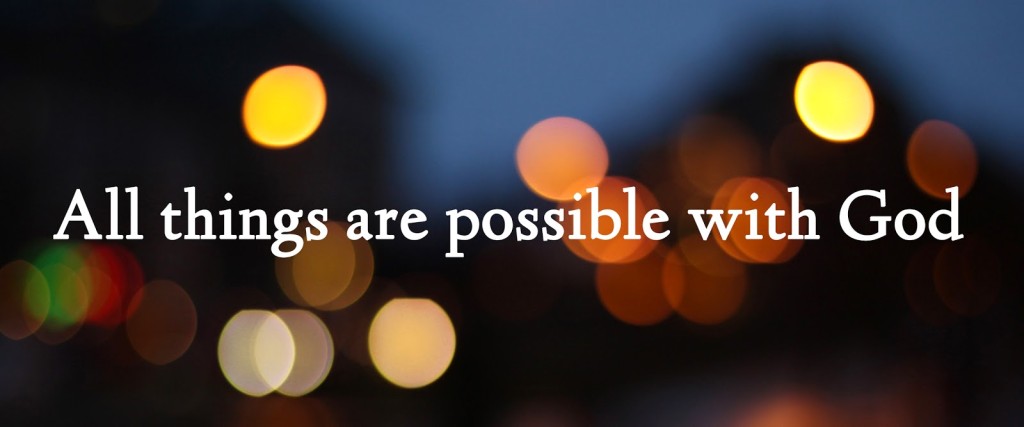
by Jonathan Manafo | Jan 28, 2015 | Sunday Conversations
I was looking through my stash of collectables (souvenirs and such) and was reminded at some of the amazing things that I’ve experienced. Let’s put this in context: I’ve never been to Europe or California, I’ve never been to a super bowl or world series. So the memories I have may be different than some of yours, but the ones I’m referring to all made me say and feel one word, WOW.
A little pack of guitar picks from a John Mayer concert brought me back to experiencing the exceptional talent of John Mayer’s playing and writing. WOW.
A golf towel from the 2013 PGA championship in Rochester reminds me of two full days of walking alongside professionals who make a hard game look easy. WOW.
A green (Spanish) Sprite bottle filled with sand took me back to a vacation Janet and I were on in Cuba. WOW.
Little shoes the size of my palm reminded me that our 13 year old son was actually that small. WOW.
A little dress the length of my forearm reminded me that our 10 year old daughter was once that size. WOW.
What wows you? What in your past made you just say – WOW? Was it an experience, a relational moment, nature, sports, faith, or others?
In these 3 connected talks/posts, we’ve been talking about three words to make prayer simple – HELP, THANKS, WOW. We know that help is a word we use when we’ve hit a wall. Thanks is a word we use when we’ve stopped to reflect how good God is. Wow is a word we use when we’ve come to grips that God is bigger, stronger, more loving, creative and powerful than we had ever imagined.
It seems like we get caught in complacency when it comes to being wow’d by God. When aware, we see God’s creation, God’s power, God’s provision, and stand in awe of it all. What often happens is that our heads begin to drop and our vision fades of all that’s above us, all that God has done, and does is – we lose sight of it. Is it possible that our machines have driven much of this? Mark Buchanan says that our screens have replaced the heavens (Book: Your God is too safe).
There are at least two things (many more of course) the scripture encourages us to look at and be WOW’d with: God’s Creation & God’s Character.
Psalm 19 fills us in on God’s great creative power…
The heavens declare the glory of God; the skies proclaim
the work of his hands.
2 Day after day they pour forth speech;
night after night they reveal knowledge.
3 They have no speech, they use no words;
no sound is heard from them.
4 Yet their voice goes out into all the earth,
their words to the ends of the world.
In the heavens God has pitched a tent for the sun.
5 It is like a
bridegroom coming out of his chamber,
like a champion rejoicing to run his course.
6 It rises at one end of the heavens
and makes its circuit to the other;
nothing is deprived of its warmth.
The Psalmist is trying to get our attention here. He wants us to have no doubt in our minds, God is the creator, and all we have to do is look up to see what he’s done. The metaphor of the skies and sun are beautiful.
Being WOW’d by God’s character, especially in prayer, is seen and taught by Jesus. In Mathew 6, while teaching on prayer, Jesus tells us to start our prayers by acknowledging God for who he is. “Our Father, who art in heaven, holy is your name”. Think about this: before we ask for his will to be done, before we ask for daily bread, before we ask for forgiveness, Jesus says we should acknowledge God’s location and character – he’s in heaven & he’s holy. Only after we are WOW’d at who God is will we have the confidence to go to him for all the other things Jesus lists in the prayer.
We also see this in Proverbs 3, ‘Acknowledge him (God) in all your ways and he will make your paths straight.’ Before we invite God to fix stuff, we need to acknowledge that he is the only one who can. Acknowledging God is also the first step of worship. When the church gathers to sing God-songs, we do so to remind ourselves of our God, the one who creates, loves, saves, heals, etc. Basically, in worship, we are WOW’d by God once again.
Here’s the bottom line, don’t lose the wonder in your prayer life. Be continually awestruck by God. Mark Buchanan put’s it so well when he says, “Don’t ever let a faith based on staggering mysteries (trinity, incarnation, cross, resurrection, the Holy Spirit) lose it’s wonder and awe.”
On your next walk…
During your next drive in the country…
In your next conversation with your child…
While hanging out with wonderful friends…
During your next very tasty meal…
The next time you gather to worship with a church community…
When you take your first ‘awake’ breath in the morning…
Be sure to say & pray … WOW!!!

by Jonathan Manafo | Jan 21, 2015 | Sunday Conversations
Try this little experiment: For one day, make your initial response or greeting include a complaint. After your first hello, complain about something. (some people are really good at this). On day two, do the total opposite: Make your initial response or greeting include a thank you. After your first hello, be grateful about something, anything. If you were to do that, and then look back on those two days, you’d notice something. Emotionally, you and those around you would feel negative or positive, depending on how you start conversations. Studies show that people who are grateful are happier, and in turn, those who aren’t grateful are less happy.
We could all use a little more gratefulness. We know what it feels like to be appreciated. I bet we also know what it feels like when we show appreciation.
They say the enemy of gratefulness is entitlement. When we convince ourselves that we deserve all the ‘nice’ stuff we have, we forget to be grateful for all of it.
It’s one thing to be appreciative to friends and co-workers, but what about saying thank you to God? Or better yet, do we say thank you enough? Weeks go by when things are going great and we tend to leave God out of the equation. When a storm hits, we run to him for help. Now, the beautiful thing about God’s grace is that he hears us when we cry for help, even if we haven’t really been chatty with him for a while. A more balanced approach to faith and relationship (notice I didn’t say religion) includes words of ‘thanks’ to go along with our cries for ‘help’.

Prayer should and often does include the word ‘thanks’. We’ll say a quick ‘thank you God’ when something goes our way. We might even say it with more zest, like, ‘thank you thank you thank you God’ if a loved one makes it through an illness, a lost child is found or you get through a financial nightmare. Heck, even my atheist & agnostic friends might say something like, ‘I guess the big guy upstairs is looking out for me today’. The thing is, the same way we shouldn’t just go to God when we need help, we also shouldn’t just say thank you when something seems to go our way.
Thanks is at the heart of prayer. Thanks, not only needs to be part of our regular vocabulary, but more importantly, our prayer vocabulary.
In Colossians 3 (one of my favourite metaphors in Scripture) Paul writes about things we take off and things we put on. He wants to teach a group of early Christians what it means to live out the ways of Jesus. After summing up the behaviour you want to subtract, and the behaviour you want to add, Paul says these 3 powerful words, ‘And be Thankful’. It’s a really important add-on…like saying, ‘BTW in case you didn’t know, being thankful is an expression of our faith in Christ’.
Brian Walsh, in his book, Colossians Remixed, gives us this insight on how Paul’s 3 words are so vital for us today.
“we are held captive by dissatisfaction” … “ingratitude is
ingrained within every social class within the culture of money”
& “the
longer we live ungratefully, the more we strengthen the claims of a culture
that takes everything & everyone for granted”
In light of Paul’s call to be thankful, Walsh says, “In a culture
caught in an insatiable craving for more, a culture of perpetual
dissatisfaction because there is never enough, the community renewed in the
image of the creator is characterized by radical gratitude”
I’m not sure how or when you pray. Of course, I know that I personally don’t pray enough, and I imagine it’s the same for you. Trying to pray consistently can be daunting, with overwhelming schedules and lots of demands. But if we don’t, we will only be consumed in our stuff which can distract us from the ways God wants us to live and the things he wants us to value. Prayer is allowing God’s voice to be the loudest and the clearest. A simple, yet profound way to hear him clearly is taking time to say THANKS. Saying thanks to God will change your view of the world, your view of God, and your view of others…and it will change you too.
Let’s keep prayer simple: Three words might do it – help, THANKS, wow!
(next week…WOW God)

by Jonathan Manafo | Jan 13, 2015 | Sunday Conversations
I was first introduced to the practice of prayer when I was a kid. I was taught to pray before meals, before bed, and at certain times for certain things. I was also taught to develop some kind of consistent prayer pattern. However, I really started to see what this meant when I would catch my grandparents praying. It could be the middle of the day or first thing in the morning. They would never feel bad that I interrupted them, and they always seemed to show that what they were doing was very normal.
Prayer is something people start thinking about when they begin thinking about what it means to be spiritual. Now, spirituality is not the goal, Jesus is the goal. Being more spiritual doesn’t make you more like Jesus, instead, being more like Jesus will make you more spiritual. If that’s true, then people who are journeying to become followers of Jesus will begin praying more. They’ll want to start developing some patterns and routines that involve prayer. But where do we start? What do I do if I don’t know how to pray?
Much has been written on this subject that’s for sure. Over the next three posts we’d like to make prayer approachable and even achievable; to do that we will break it down to three words: HELP, THANKS, WOW. Prayer is more than these three words, but for those who see prayer as a mountain they’ll never climb, these three words might just be what they need to take the first few steps.
A classic acronym for prayer over the years has been A.C.T.S. (Adoration, Confession, Thanksgiving, Supplication). Start by telling God who he is, worship, then confess your sins, then move to saying thank you, and finally, end by asking God to help you in your circumstance or others. As true and wonderful as that is, many people don’t start there. Why? Because most often we forget to talk to God and just scream out help when something goes wrong. Is ‘Help’ the best way to start? Maybe not, however, sometimes it’s the place we do start our conversation, and even if it’s been ‘too’ long, God is listening.

The word ‘HELP’ comes up 287 times in the bible (NIV). When you add other words and phrases (i.e. deliver, heal, save, redeem, restore, etc.) you can imagine how many times we see the idea of being helped and/or calling for help in Scripture. For the most part, a cry for help is associated with some kind of prayer; a moment when a human being has reached the end of their rope and they realize how deeply they need God. The Scripture is also very clear on this, God is the one who can actually help us. He’s bigger, better, stronger, more capable, than we could ever be. Perhaps God says it best in Isaiah 57:13; that going somewhere else for help may not be the smartest decision. “When you cry for help, let your collection of idols save you! The wind will carry all of them off, a mere breath will blow them away.” God is the one who saves, who makes us better, who heals, who restores, etc. It’s no wonder that he not only invites us to, but loves it when we call to him for help – it means that we’ve come to understand that our lives are found in and depend on…HIM. “It’s not great faith that we need, it’s faith in a great God”, saysNT Wright.
Anne Lamott says “The first steps in practicing God’s presence (prayer) is admitting that: we are so ruined, we are so loved, we are in charge of so little.” This is why, over and over, especially in the Psalms, we find honest cries for help. Two places that show us clearly are Psalm 5 and 18.
Psalm 5:1-3
1 Listen to my words, Lord,
consider my lament.
2 Hear my cry for help, my King and my God,
for to you I pray.
3 In the morning, Lord, you hear my voice;
in the morning I lay my requests before you
and wait expectantly.
Psalm 18:1,2&6
1 I love you, Lord, my strength.
2 The Lord is my rock, my fortress and my
deliverer; my God is my rock, in whom I take refuge, my shield and
the horn of my salvation, my stronghold.6 In my distress I called to the Lord;
I cried to my God for help.
From his temple he heard my voice;
my cry came before him, into his ears.
The Psalmist, on both occasions makes no bones about it. He’s grieving, he’s in distress, and the only person he has any confidence in to help him is – GOD. Why? Because this God, Yahweh, is his God and his King, his refuge, his shield, his rock, his fortress, and his deliverer. He even asks God to help before any problems arise, so he can rest assured that he is covered.
What are you scared of, hurt by, struggling with, stuck in? God invites us to cry, scream, whisper, ask for…HELP. No matter what the problem. Big or Small.
Philip Yancey says, “In the presence of the great physician, my most appropriate contribution may be my wounds”. No fee, no hassle, no finagling – God hears our cry for help, and responds with love, mercy, wisdom and power. We simply have to ask.
The Beatles got it right. Help! I need somebody. Help! Not just anybody. Help! That’s right, not just anybody – God. Maybe ‘Help’ shouldn’t be the first word in your prayer, but if it is, God is listening and glad you called on him. Don’t be too proud to ask. No matter how unspiritual or far off you feel. He cares.
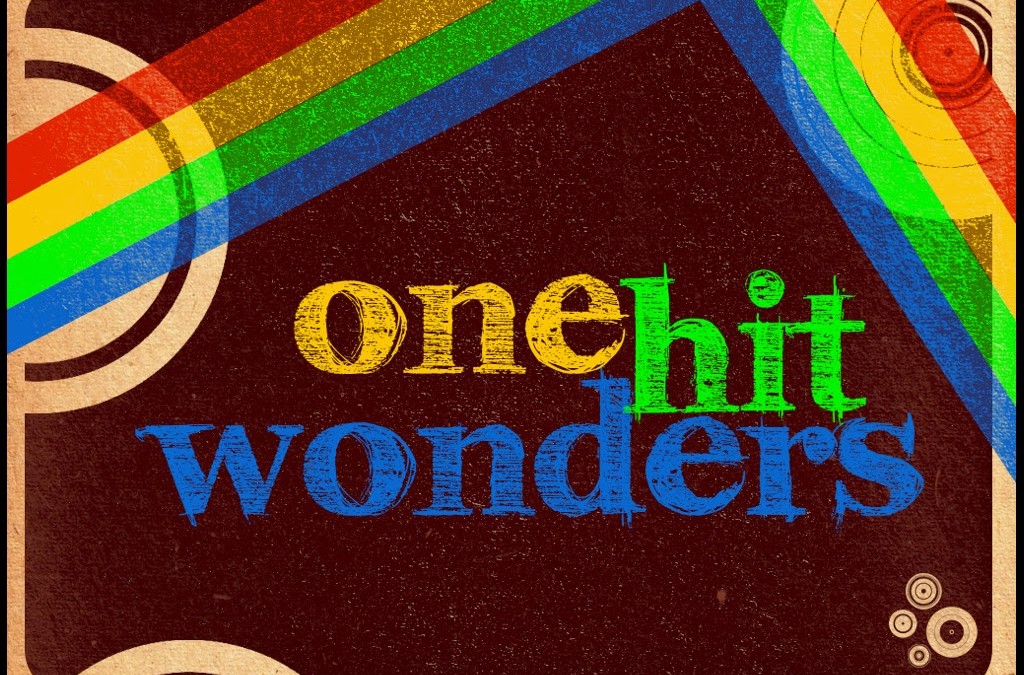
by Jonathan Manafo | Dec 23, 2014 | Sunday Conversations
As we get closer to Christmas day we look at one more part of the pre-Christmas story. It’s a one hit wonder from Jesus’ mother, Mary.
Every musician and songwriter has aspirations of writing at least one hit song in their lifetime. They hope that one of their many attempts at writing would get in the hands of the masses. Some might say it’s about money (and there definitely is money attached to a hit song), but the true artist would say that they want to give the world a glimmer of hope with their art.
From what we know, Mary wasn’t a prolific song writer, but she did pen a one hit wonder. Her song, recorded in Luke 1 has been used, recited, chanted, thousands of times through out the centuries. If any song has made it big, this one from a pregnant teenager sure had legs to it.
It’s been called Mary’s Magnificat, which simply means, magnifying, making or showing something (God) to be BIG. It’s been whispered in monasteries, chanted in cathedrals, recited in small churches during evening candlelight, and set to music by Bach. It’s also been banned by at least three governments in the last century: The British Rule in India (early 1900’s), the Guatemala government discovered it to be too revolutionary & dangerous (1980), and Germany banned it when Dietrich Bonhoeffer recited it during Advent, 1933, before being executed by the Nazis.
What is it about this song that is so beautiful and yet so powerful?
In it Mary wants her people, Israel, the world, and us, to know who God is, who he is cheering for, and that He keeps his promises.
Take some time to read it (HERE) and see if you can identify these things too.
Here’s a quick summary:
– Mary sings about who God is to her: a loving Father who chooses a humble girl to do something extraordinary. She realizes that the baby in her is coming to save…her…and us.
– Mary sings about who God is to the poor, the hungry and the hurting: God is cheering for the marginalized. He is also calling us to help restore those who fall into this category. Mary realizes that the baby inside her is their saviour too; that Jesus will come to fill empty stomachs and restore people back to wholeness.
– Mary sings about promises fulfilled: for Israel, for us, for you. God promised Abraham that his faithfulness would turn into a great nation and a great people. Jesus’ birth was the fulfillment of that promise. And it doesn’t stop at Israel…this promise is for the world.
So how did a teenage girl, with no youtube and internet, write a one hit wonder? Well, it’s easy, she had all the inspiration in the world. Inside her, was the wonder of the world, the great and morning star, the prince of peace, the wonderful counsellor, the saviour – that’s all the inspiration she needed.
Let this song give you hope today.
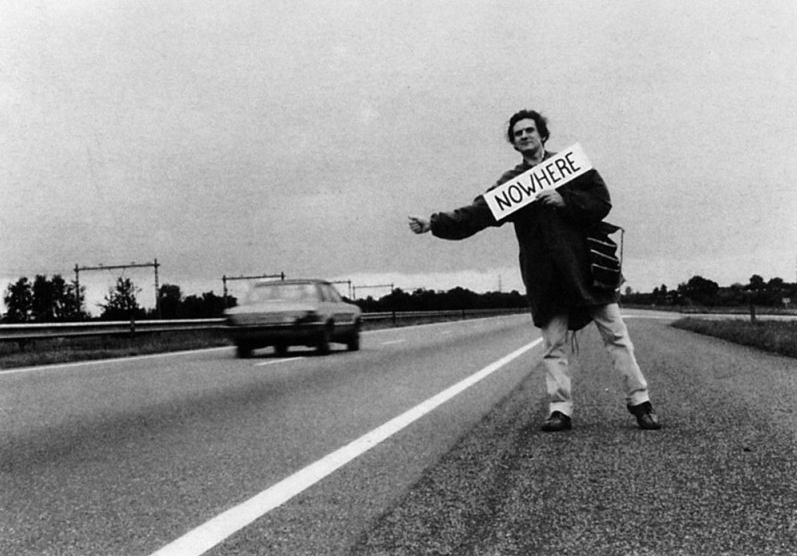
by Jonathan Manafo | Dec 18, 2014 | Sunday Conversations
The Christmas story we find in the gospels is compelling and fascinating. The birth narratives in Matthew and Luke make for really
good story telling, hence the reason we’re still talking about this story more
than 2000 years later.
That said, perhaps the lead up to Jesus birth is as
compelling than the actual moment when Jesus was born. Four characters in
particular make up some of the leading events in Luke 1: Zechariah &
Elisabeth, Mary & Joseph.
These couples had one thing in common, they were
expecting a child; what was different was their age. Elisabeth was older in
years and Mary was a teenager. For different reasons, both weren’t expecting to be
pregnant.
Luke 1:26-38
documents some of their story; a story God uses to show us how impossible
things are actually possible with him.
From nowhere (special) comes something (spectacular)
Luke starts this section by telling us that the Angel (Gabriel) goes
to Nazareth to give Mary and Joseph a message. We know the message Gabriel is
about to give, but what’s important to note is the town this takes place in.
Luke is intentional in mentioning that Mary and Joseph are from Nazareth, for geographical reasons, but
also for theological ones. Jesus was going to be born in a manger in Bethlehem, which lead us to see that Jesus was going to have a humble entrance
into the world. Nazareth/Galilee was also a small town (region), especially in
comparison to Jerusalem/Judea. It’s out of this small and insignificant place
that Jesus’ human life begins (pre-birth).
Nothing good was ever supposed to come from Nazareth. They
said this about Jesus when he was an adult, so you know it rang true his whole
life. God, in his sense of humour, chooses a small town for Jesus
to come from. This is how God works; he doesn’t look for people of status to
do remarkable things, rather, he chooses unlikely places and unlikely people.
God’s Favour? Our Trouble?
What does God do with this girl from nowhere? He says to
her, you are highly favoured. Some people think God favoured her because she
was special, but that’s not the case. There was nothing more special about Mary
then anyone else, except of course her willingness to serve God (1:38)
God has a way of picking ordinary people to accomplish
extraordinary things. Mary is a perfect example of that.
Now you might be thinking: God wouldn’t use me, I’m way to
feisty, I’d probably complain lots before saying yes, I’m no where close to
being ready to be used by God for anything life or world changing. However, even though Mary was favoured, she did put up a bit of a
fight.
“Mary was greatly
troubled and wondered what kind of greeting this might be”
(NRSV) “Mary was perplexed and pondered”
(JB) “Mary was deeply disturbed and asked herself”
The original language actually reveals these words as
meaning that Mary was ‘deeply agitated’, and not for a short time, but for a
little while. God’s favour on us doesn’t mean that we don’t wrestle with his calling on us. We often go back and forth from feeling favoured, to feeling troubled.
Impossible? Yes! / Possible? Yes!
Mary is perplexed for a reason. The math doesn’t add up.
How is she going to have a baby? She’s a virgin and not planning for that to
change anytime soon.
The angel says, ‘God is going to do this, it is not
something you can do.’
God
uses her cousin Elisabeth as an example, saying that she had no hope of having
children, then 6 months later…she’s with child. If
this can happen to an ‘older woman’ who’s biological clock stopped ticking a
long time ago (insert quote from my cousin Vinnie), then it can happen to you. Only one explanation – GOD.
What do you see as impossible? Maybe it’s not too late or too soon for
something beautiful to be born.
Maybe the
present moment is pregnant with possibilities we can’t see or even imagine?
That’s the point, we can’t make it happen, only God can.
What do
we take home from this pre-christmas story???
– Waiting
for God is worth every minute/month/year!
– God
doesn’t look at our status as a prerequisite to doing something special, he
looks on us with favour, gives us the status (as his children) we need to do
remarkable things
– This
story begs the question? What’s your impossible? What is God wanting to blow
your mind with? Is it a character thing, a career thing, a personal thing, an
impact thing? Whatever it is, God wants you to know, that even though you think
it’s impossible, with him, it’s more than possible!
– Our
best response to God’s ‘Here I am’ is “Here I am”. (Luke 1:38)







